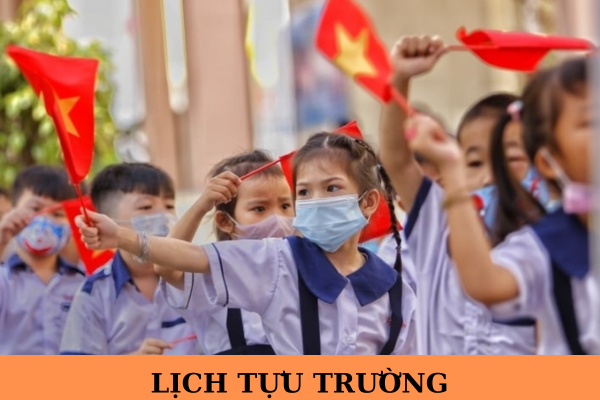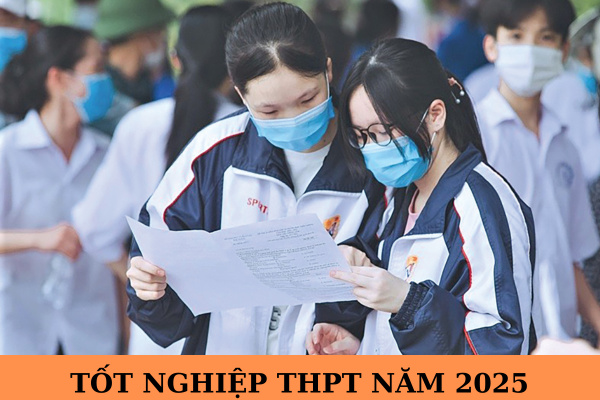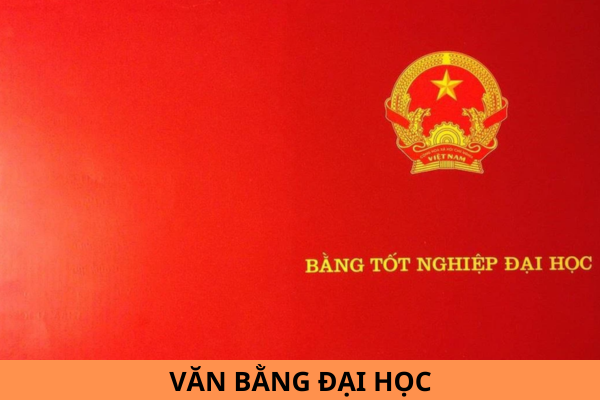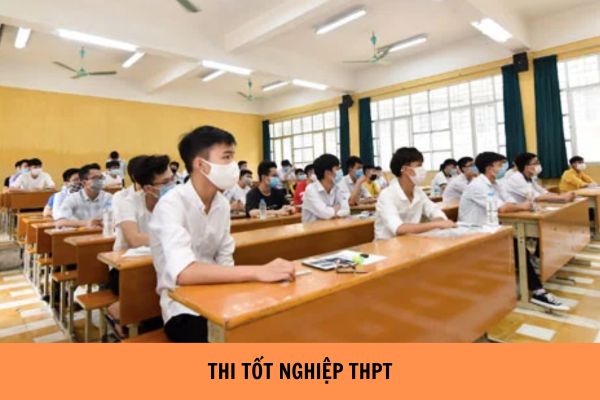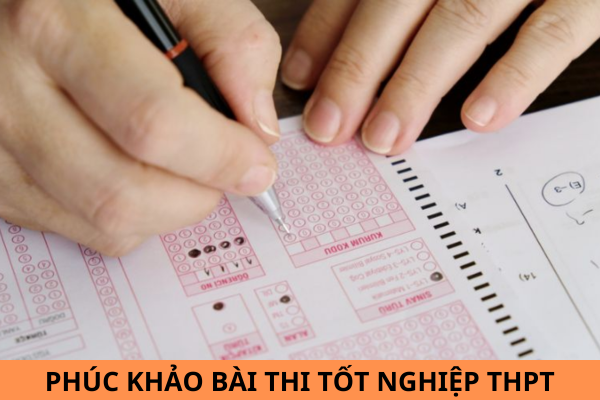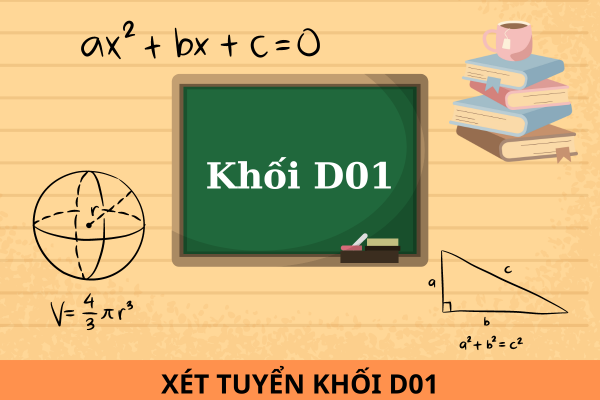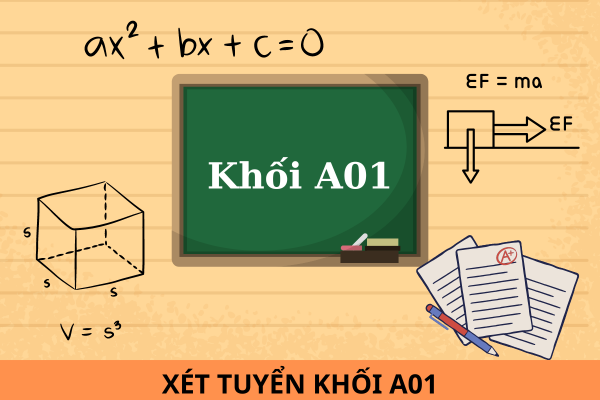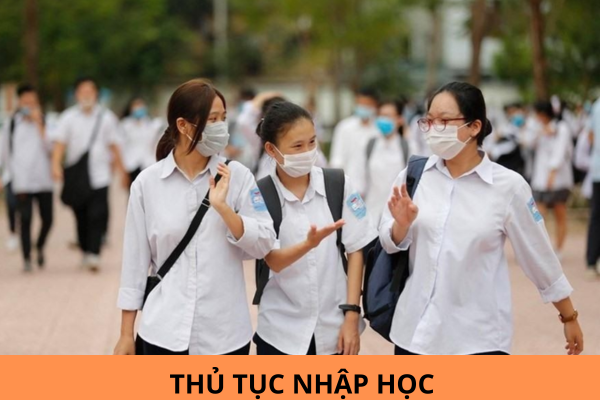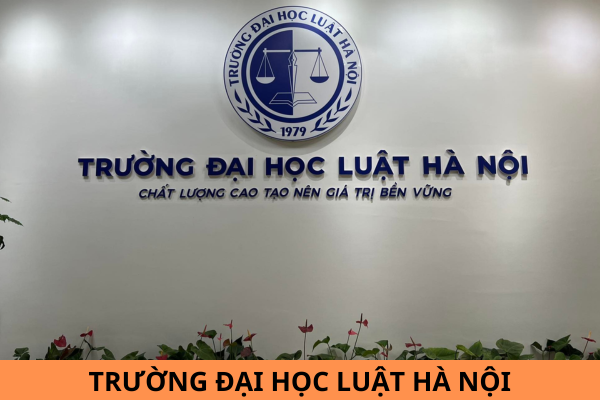What are training forms of higher education in Vietnam? What are targets of higher education in Vietnam?
What are training forms of higher education in Vietnam? What are targets of higher education in Vietnam? - Mr. Ba (Quang Nam)
What are training forms of higher education in Vietnam?
Pursuant to Clause 2 Article 6 of the Law on Higher Education in 2012 (amended by Clause 3 Article 1 of the Law on amendments to the Law on Higher Education in 2018) stipulating training forms of higher education in Vietnam:
Training levels and forms
1. Higher education training levels include undergraduate training, master’s training and doctoral training.
2. Training forms include formal training, in-service training and distance education. Students can transfer between the training forms through bridge programs.
3. A higher education institution may provide continuing education courses, short-term courses and issue diplomas or certificates in accordance with law in order to serve lifelong learning.
4. The Government shall prescribe training levels of special academic disciplines.
As regulated above, there are 03 training forms of higher education in Vietnam, including:
- Formal training
- In-service training
- Distance education
What are training forms of higher education in Vietnam? What are targets of higher education in Vietnam? - image from the internet
What are forms of higher education institutions in Vietnam?
Pursuant to Article 7 of the Law on Higher Education in 2012 (amended by Clause 4 Article 1 of the Law on amendments to the Law on Higher Education in 2018):
Higher education institutions
1. Higher education institutions are legal entities, including universities, parent universities and other types of higher education institutions defined by law.
National universities and regional universities are parent universities responsible for achievement of strategic national and regional development objectives.
2. Types of higher education institutions:
a) Public higher education institutions invested, maintained and represented by the State as the owner;
b) Private higher education institutions invested and maintained domestic or foreign investors.
A non-profit higher education institution is one in which the investor declare that the institution does not run for profit as written in the decision to permit its establishment or conversion; the investor will not withdraw capital or receive dividends; the annual accumulated profit shall be considered non-distributable property and will be used as reinvestment in such institution.
Only conversion from a private higher education institution to a non-profit private higher education institution is permitted.
...
As regulated above, there are 02 forms of higher education institutions in Vietnam, including:
- Public higher education institutions invested, maintained and represented by the State as the owner;
- Private higher education institutions invested and maintained domestic or foreign investors.
What are targets of higher education in Vietnam?
Pursuant to Article 5 of the Law on Higher Education in 2012 (amended by Clause 2.a and 3, Article 77 of the Law on Vocational Education in 2014) stipulating targets of higher education in Vietnam:
1. General target:
- Training human resources, enhancing people’s intelligence; doing science and technology researches in order to create knowledge and new products serving the socio-economic development, assure National defense and security and international integration;
- Training students that possess political quality, ethics; possess knowledge and professional practical skills, possess capability of researching and applying science and technology corresponding to their grade; possess creativity, professional responsibility and adaptability to the working conditions; aware of
2. Specific target:
- Providing students with the comprehensive profession knowledge, thorough grasp of the natural – social law and principle, basic practical skill and the ability to work independently, creatively and solve the problems related to the trained profession;
- Providing students of the master’s program with fundamental scientific knowledge and advanced research skills of a certain science or a certain profession, with the ability to work independently, creatively and the capability of detecting and solving the problems related to the trained profession;
- Providing the students of the doctorate program with advanced knowledge of theoretical and practical skills, with the ability to do researches independently and creatively in order to develop new knowledge, discover new natural—social laws and principles, solve new scientific and technological problems, guide the science research and professional activities.
Best regards!
